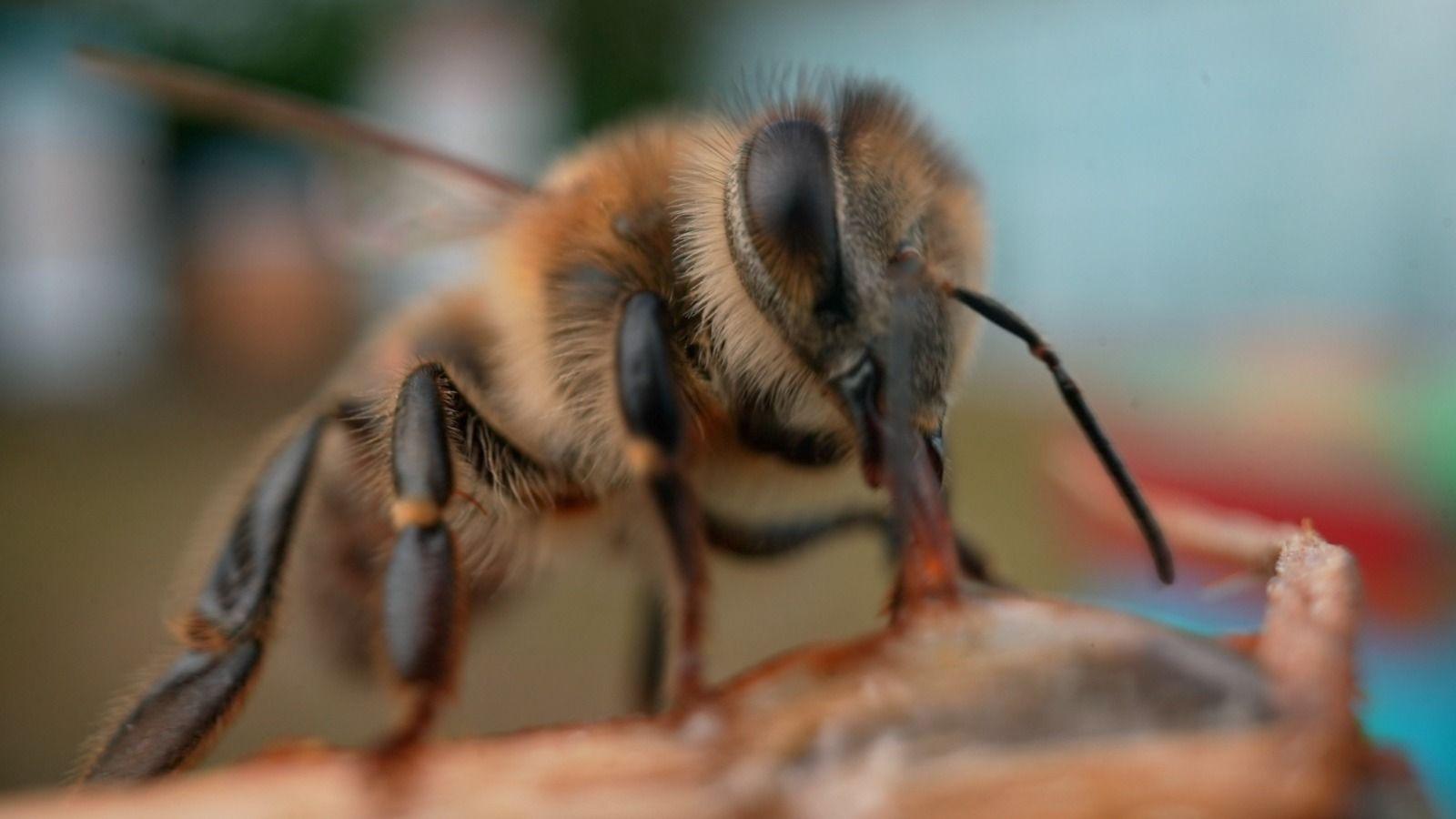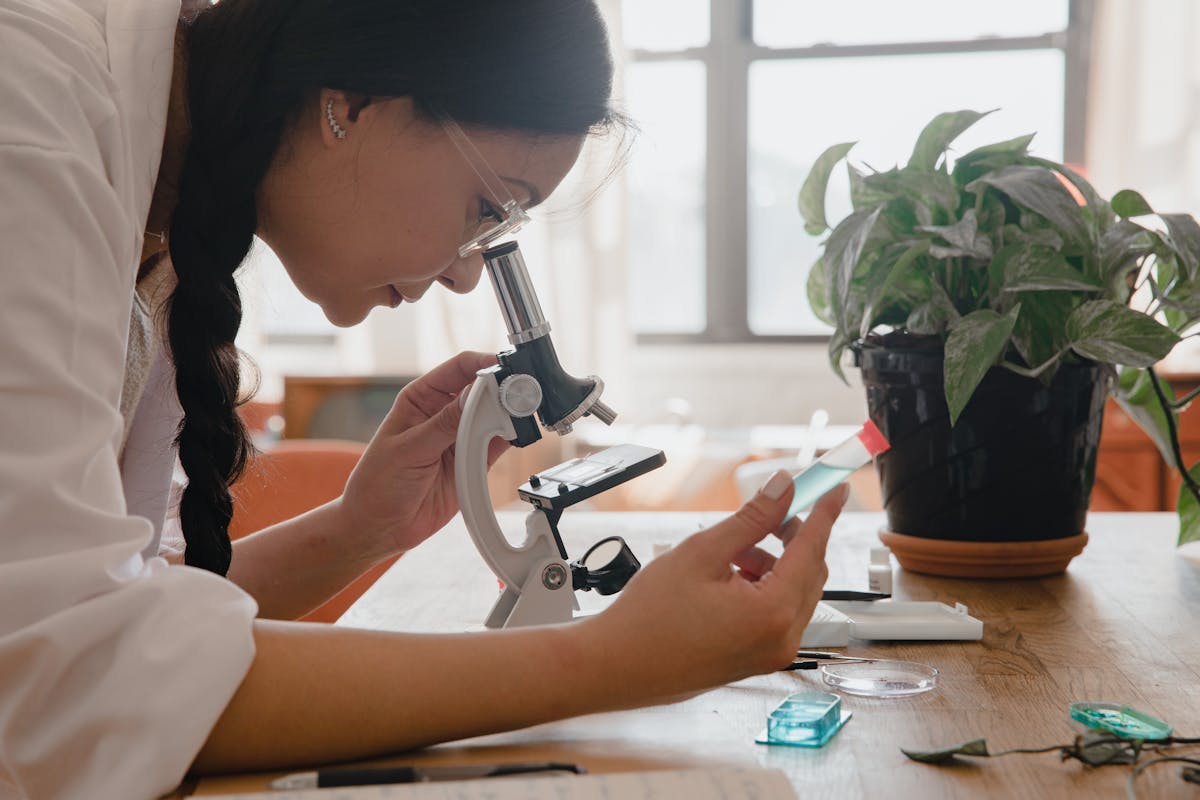In a remarkable breakthrough that may be crucial for protecting worldwide ecosystems, researchers have developed a unique dietary supplement intended to improve honeybee health and longevity. This creation emerges as bee populations globally confront significant downturns due to issues like habitat destruction, pesticide contamination, climate change, and the proliferation of dangerous pathogens. The innovative product, often described as a “superfood” for bees, seeks to deliver vital nutrients that strengthen their immune defenses and enhance their general robustness.
Los abejorros desempeñan un papel crucial en la polinización, ya que ayudan en la fertilización de una gran parte de los cultivos que la humanidad consume cada día. Su importancia en la agricultura y los ecosistemas naturales es vital, porque aseguran la reproducción de muchas especies vegetales. Sin embargo, en las últimas décadas, los científicos y ambientalistas han advertido sobre la drástica disminución en las poblaciones de abejas, un fenómeno conocido como el trastorno del colapso de colonias. Sin acciones inmediatas y efectivas, la reducción en el número de polinizadores podría causar consecuencias devastadoras para la seguridad alimentaria y la biodiversidad.
The newly developed supplement offers a potential solution to this growing crisis. Unlike standard sugar-based feeds traditionally provided to bees in managed hives, this enhanced formula contains a rich blend of proteins, vitamins, minerals, and bioactive compounds specifically chosen to meet the nutritional needs of honeybees. These components are intended to mimic the benefits bees naturally derive from pollen, which is often scarce during certain seasons or in regions affected by environmental degradation.
One essential element of this advancement is its emphasis on enhancing bee resistance. In recent times, bee populations have grown more susceptible to viruses, fungal diseases, and parasites like the Varroa mite, a significant cause of hive losses globally. Scientists aim to lower death rates and boost hive stability by strengthening bees’ immune systems through adequate nutrition. Initial lab evaluations have yielded impressive outcomes, with bees that consumed the nutrient-rich feed showing improved survival rates and heightened resilience to stress compared to those on regular diets.
In addition to health benefits, the researchers behind the project emphasize sustainability. The ingredients used in the supplement are readily available and can be produced without significant environmental impact, making it a scalable option for beekeepers across different regions. This is particularly important as commercial beekeeping operations struggle to maintain healthy colonies in the face of economic pressures and environmental challenges.
Although the results to date are promising, specialists warn that this breakthrough is not a complete solution for the intricate challenges facing bee populations. Elements like pesticide application, habitat loss, and climate changes still require attention to guarantee the long-term sustainability of pollinators. Nonetheless, this progress signifies an important advance in enhancing bee resilience and reducing the dangers caused by current agricultural methods and environmental disturbances.
Further research is already underway to refine the formula and evaluate its effectiveness in real-world conditions across diverse ecosystems. Large-scale field trials are expected to take place in collaboration with beekeepers and agricultural organizations. If successful, this nutritional breakthrough could become a widely adopted tool in the ongoing effort to protect honeybees and, by extension, global food systems.
The creation of this bee superfood highlights the growing intersection between science, agriculture, and environmental stewardship. As humanity grapples with the consequences of ecological imbalance, initiatives like these demonstrate how targeted innovations can help restore and protect vital components of nature. Honeybees, often underestimated in their importance, serve as a reminder that the health of the smallest creatures can have profound impacts on human life and the planet’s future.




:max_bytes(150000):strip_icc():focal(749x0:751x2)/Jared-Isaacman-329f219aed0e4faa8b341aa46849d3c2.jpg)